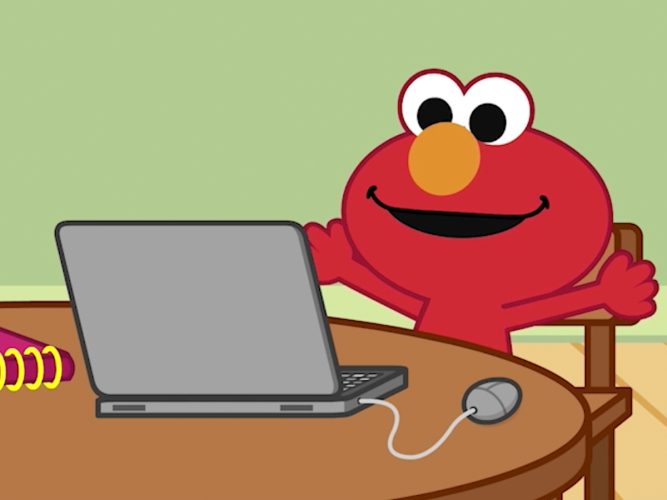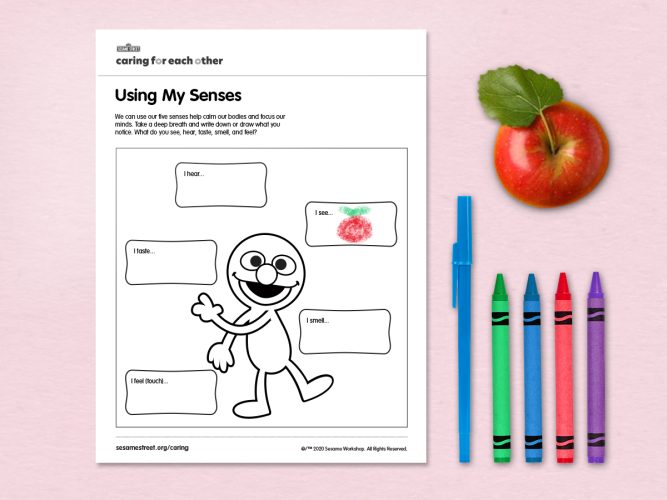
We Have Self Control
An article that offers strategies to help your child regulate their actions and thoughts.
Self-regulation is a critical skill for preschoolers and affects children socially, behaviorally, and academically. Skills such as recognizing and monitoring emotions, controlling and resisting impulses, and exerting self-control are essential for social-emotional competence and academic success.1 This year, when so much feels out of their control, children’s ability to regulate their feelings and actions can also be a source of confidence and pride.
Self-regulation requires kids to learn a variety of skills, such as recognizing and managing their feelings, regulating their responses to upsetting or exciting situations, and focusing and shifting their attention. These sound like— and are! —complex skills. Fortunately, there are simple, playful ways that you can help your child grow in each of these areas. Try these self-regulation-boosting strategies:
Self-talk
Self-talk is when children talk to themselves in a quiet voice out loud or inside their head. It helps children control their impulses by guiding and managing their own behavior.
Self-talk can also help children:
- Hold rules and goals in their minds
- Think of alternatives
- Focus attention
- Remember what to do
- Persist at a task
- Control themselves and their bodies
As your child goes through his everyday routines, suggest phrases he might say to keep himself on track. For instance, when washing his hands, he might say, “First comes the water, then the soap, then scrub, scrub, scrub. I can wash my hands!” When trying something new, he might say “I will give it a try.” When waiting, he can say, “I can be patient!”
Creative Waiting
Kids don’t understand time the same way grown-ups do, which can make waiting even more difficult. But learning to control their impulses and behaviors is an important part of self-regulation. Help children practice patience, creatively! Help them pass the time or delay gratification by:
- Counting
- Singing
- Playing “I Spy”
- Repeating a mantra such as, “I can wait.”
- Putting a picture frame around a desired object
- Pretend a desired object is something else
- Playing with something else
Attention Games
You can help your child sharpen her cognitive skills by playing games. Yep! That’s right. Kids learn so much as they play, and specific games can really level-up their ability to focus, shift attention, follow directions and more. Try these activities:
- Memory and matching
- Freeze Dance
- Simon Says
- “I Spy” and scavenger hunts
- Sorting
- Spot the difference


